![图片[1]-Pesticide Spraying Drones: The Future of Sustainable and Efficient Crop Protection-msoen](https://www.msoen.com/wp-content/uploads/2025/04/27fe7401e7184641-1024x768.jpg)
The Global Challenge: Why Traditional Methods Are Failing
Over 40% of global crop yields are lost annually to pests and diseases (FAO, 2024), while conventional pesticide spraying wastes 65% of chemicals due to drift, runoff, and uneven coverage. With labor shortages and climate-driven pest outbreaks worsening, farmers urgently need solutions that combine precision, scalability, and environmental stewardship. Pesticide spraying drones are emerging as the cornerstone of this agricultural revolution, offering a 40% reduction in chemical use and 30% higher crop yields through data-driven intelligence.
Innovative Technologies Powering Modern Spray Drones
- AI-Driven Pest Detection & Targeting
Advanced drones integrate:
- Multispectral imaging: Identifies pest hotspots at 2cm resolution, detecting infestations 5–7 days earlier than human scouts.
- Machine learning algorithms: Cross-reference historical field data with real-time weather patterns to predict outbreaks.
- Variable droplet control: Adjusts spray droplet size (50–300μm) based on canopy density and wind conditions.
A 2024 Cornell University study found AI-equipped drones reduced pesticide volumes by 38% in apple orchards while maintaining 99% pest control efficacy.
- Terrain-Adaptive Navigation Systems
- RTK-GNSS positioning: Achieves ±2cm accuracy for precise row-to-row navigation.
- LiDAR obstacle detection: Maps complex landscapes (orchards, terraces) and auto-adjusts altitude.
- Swarm coordination: Deploys fleets of 10+ drones to synchronize spraying across 1,000+ acre fields.
- Eco-Conscious Design
- Solar-rechargeable batteries: Enable 8-hour operation cycles with zero grid dependency.
- Biodegradable chemical tanks: Made from plant-based polymers to reduce plastic waste.
- Low-noise propulsion: Operates at <65 dB to minimize wildlife disruption.
Transformative Benefits for Farmers and Ecosystems
- Unmatched Operational Efficiency
- Speed: Covers 50 acres/hour vs. 5 acres/hour with tractor sprayers.
- Labor savings: Replaces 10+ workers per shift with a single drone operator.
- 24/7 operations: Night-vision thermal cameras enable round-the-clock spraying.
- Cost-Effective Sustainability
- Chemical savings: Reduces pesticide costs by $12–$18/acre.
- Water conservation: Ultra-low-volume (ULV) spraying uses 90% less water.
- Carbon footprint: Cuts CO₂ emissions by 4.5 tons/year per 500-acre farm vs. diesel equipment.
- Regulatory Compliance
- Drift reduction: 95% less off-target chemical dispersion meets EPA and EU Farm-to-Fork standards.
- Digital audit trails: Automatically generates ISO-compliant spray records for certification.
Real-World Success Stories
Case 1: Rice Farms in India
- Problem: Manual spraying caused 50% pesticide waste in flood-prone paddies.
- Solution: Amphibious drones with waterproof spray systems.
- Results: 34% higher yields, $21/acre cost savings, and 70% less water contamination. Case 2: Vineyards in California
- Problem: Labor shortages delayed critical fungicide applications.
- Solution: Autonomous drones with disease-predictive AI models.
- Results: 28% reduction in powdery mildew damage and 19% improvement in grape quality scores.
The Road Ahead: 2025–2030 Innovations
- Quantum-Sensing Integration
- Subsoil pest detection: Quantum radar identifies root-dwelling insects 30cm underground.
- Chemical traceability: Blockchain-linked nano-tags verify pesticide authenticity.
- Self-Healing Drone Systems
- Bio-inspired materials: Drones repair minor mid-flight damage using shape-memory alloys.
- AI-powered maintenance: Predicts component failures 200 hours in advance.
- Climate-Resilient Spray Formulations
- Temperature-responsive gels: Optimize pesticide release based on microclimate conditions.
- Carbon-sequestering additives: Turn spray residues into soil-enriching biochar.
Call to Action
Upgrade your farm’s pest management strategy with our Advanced Pesticide Drone Solutions. Request a free field assessment to calculate your potential ROI and environmental impact reduction.
Meta Description: Discover how pesticide spraying drones cut chemical use by 40% while boosting crop yields. Explore AI targeting, terrain-adaptive systems, and quantum-enabled innovations for sustainable farmi

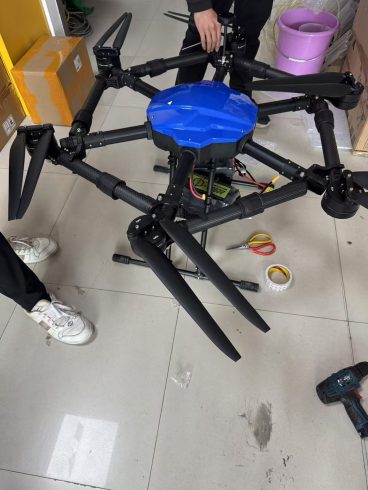
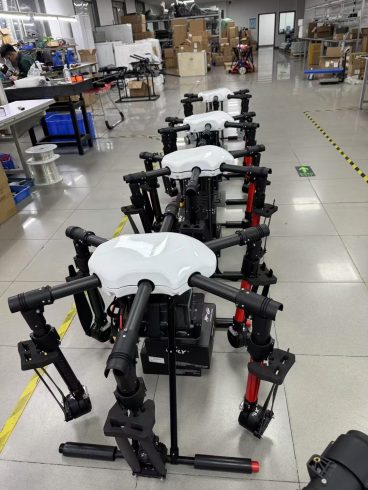
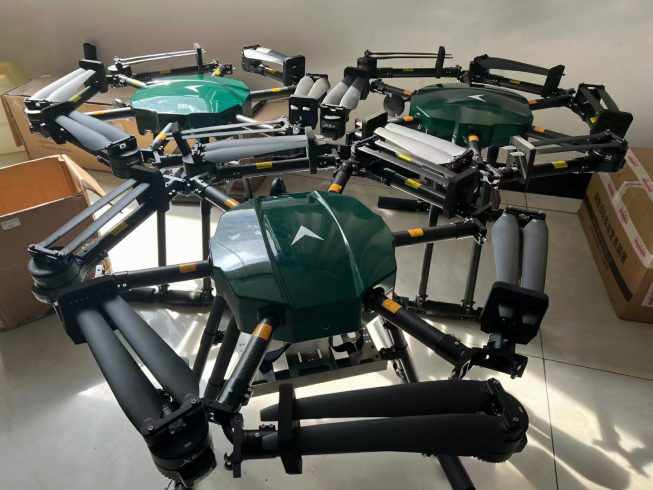
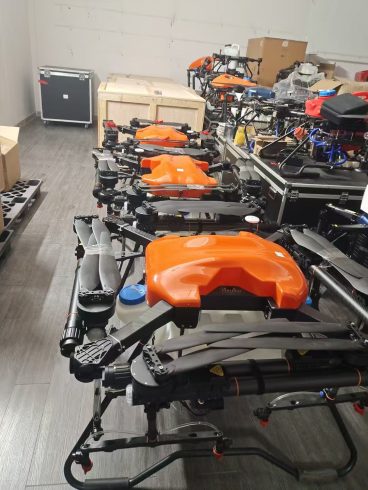
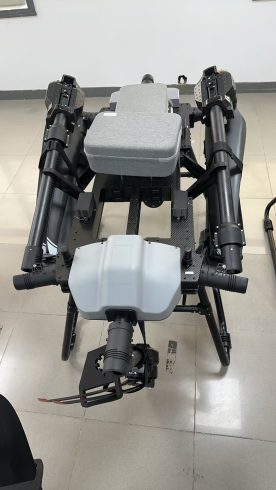
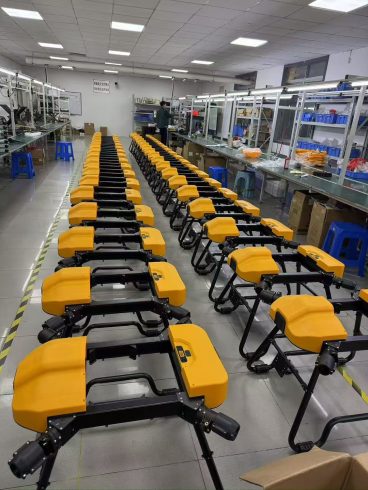
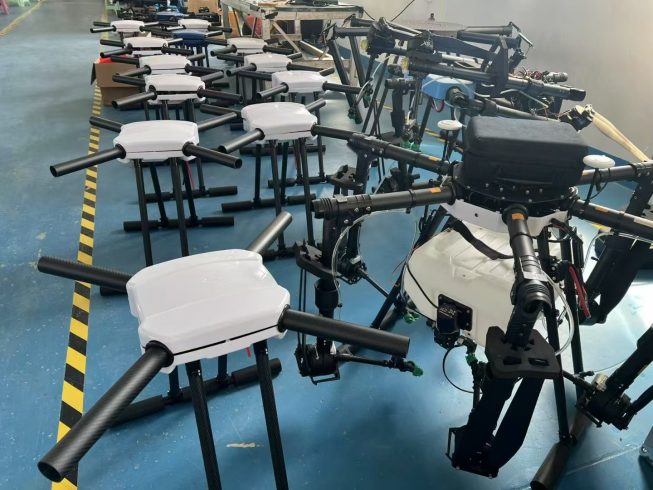
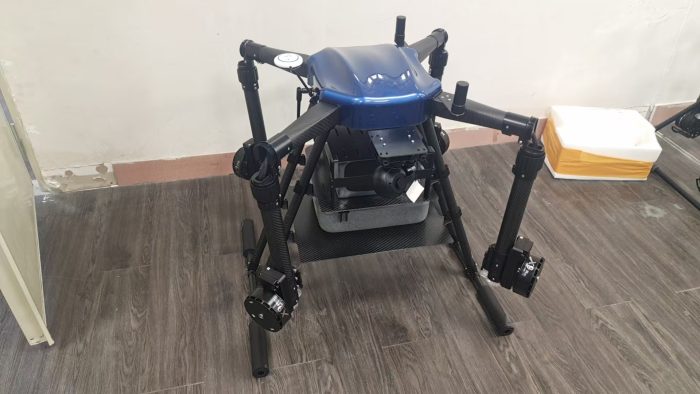
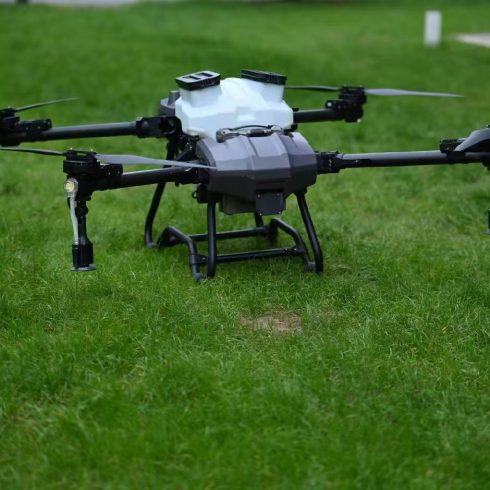
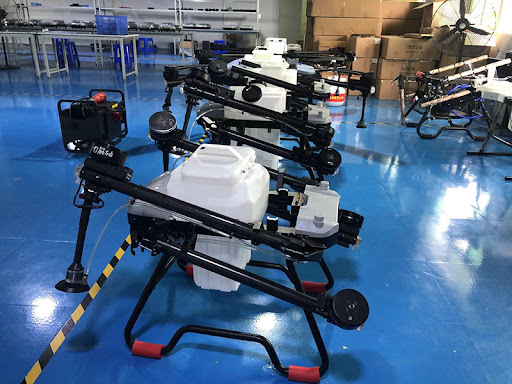

暂无评论内容